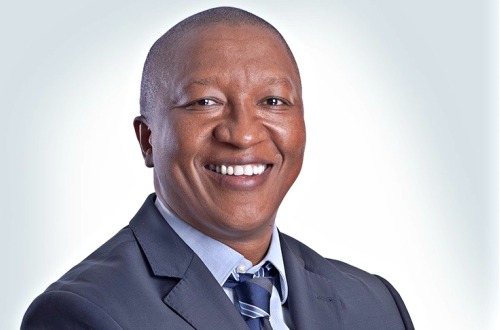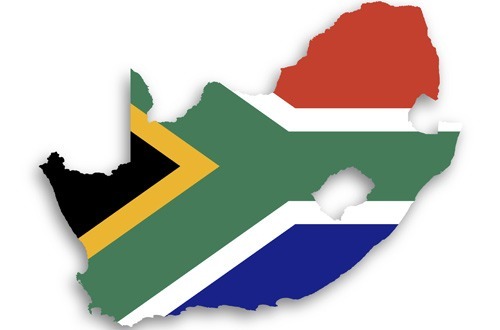 The South African government recognises the increasingly instrumental role that quality standards play in international trade, hence its focus on strengthening the country’s technical support institutions, says Trade and Industry Minister Rob Davies.
The South African government recognises the increasingly instrumental role that quality standards play in international trade, hence its focus on strengthening the country’s technical support institutions, says Trade and Industry Minister Rob Davies.
Speaking at the World Accreditation Day celebrations in Pretoria, he said South Africa could not afford to be found wanting in regards to standards.
The event also marked the opening of the new offices of the South African National Accreditation System (Sanas) in Equestria, east of Pretoria. World Accreditation Day is celebrated globally on June 9 every year with the aim of raising awareness of the importance of accreditation. This year’s theme is delivering a safer world.
“Since we launched the industrial policy action plan (IPAP) nearly a decade ago, we have deliberately and with strategic foresight tried to foreground the work of technical infrastructure institutions,” Davies said.
“This is due to the fact that in a variety of ways standards and adherence to standards, the ability to write your own standards, and the ability to implement quality assurance measures have increasingly become critical elements of international trade.”
Set the standard
As an important player in global trade South Africa could not afford to be found wanting in regards to standards, as there was an increasing demand in the international market for high standards.
“If we cannot write our own standards and establish testing facilities that enable us to demonstrate that our products meet certain standards, we will become prey to other people’s institutions, rules, and agendas. We need to be very much aware that the issues of standards are used as a non-tariff barrier, a way of keeping products out of other markets,’’ Davies said.
South Africa’s four technical support bodies – Sanas, National Regulator for Compulsory Specifications (NRCS), South African Bureau of Standards (SABS), and National Metrology Institute of South Africa (NMISA) – had a critical role to play in ensuring that the country met high quality international standards.
“The important role played by these four institutions is to lock in South African products into exports markets and to lock out unsafe products which are harmful to our people and create unfair competition to local manufacturers and producers who work hard to meet our standards,” Davies said.
South Africa was facing a challenge of imported products coming into the country not meeting the local standards and competing with locally-produced products in price but not in quality.
“We need to up our game in dealing with these sub-standard products, as some of them cause harm to our people, such as the paraffin stoves,” Davies said. (via African News Agency)







